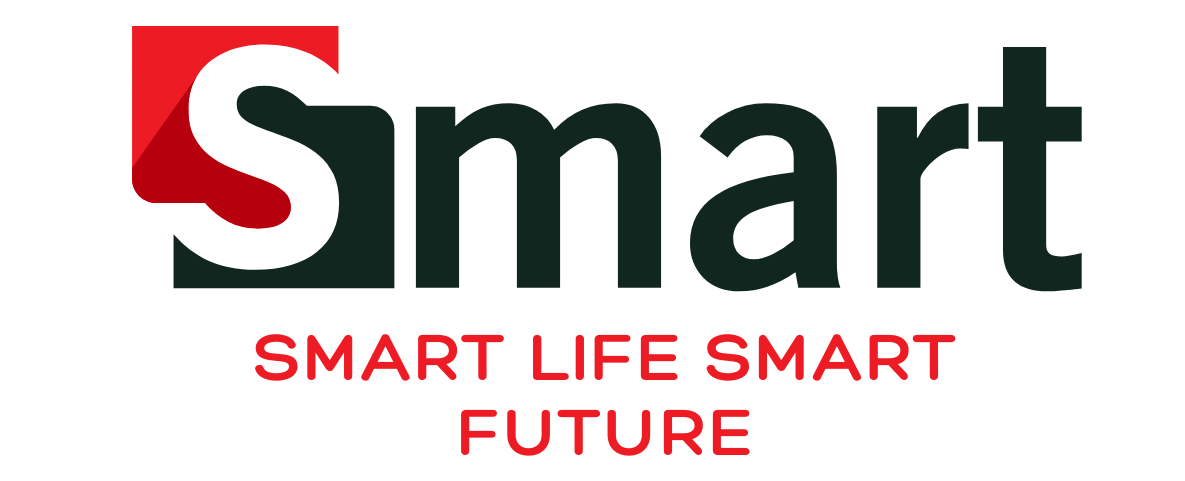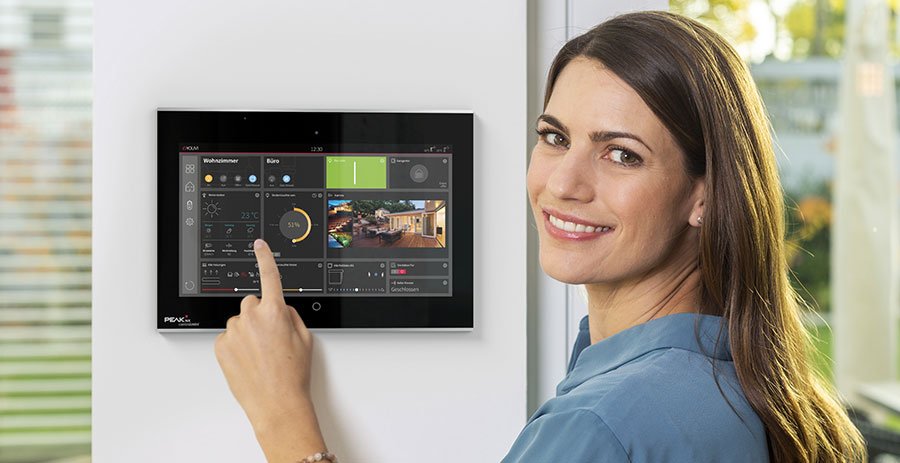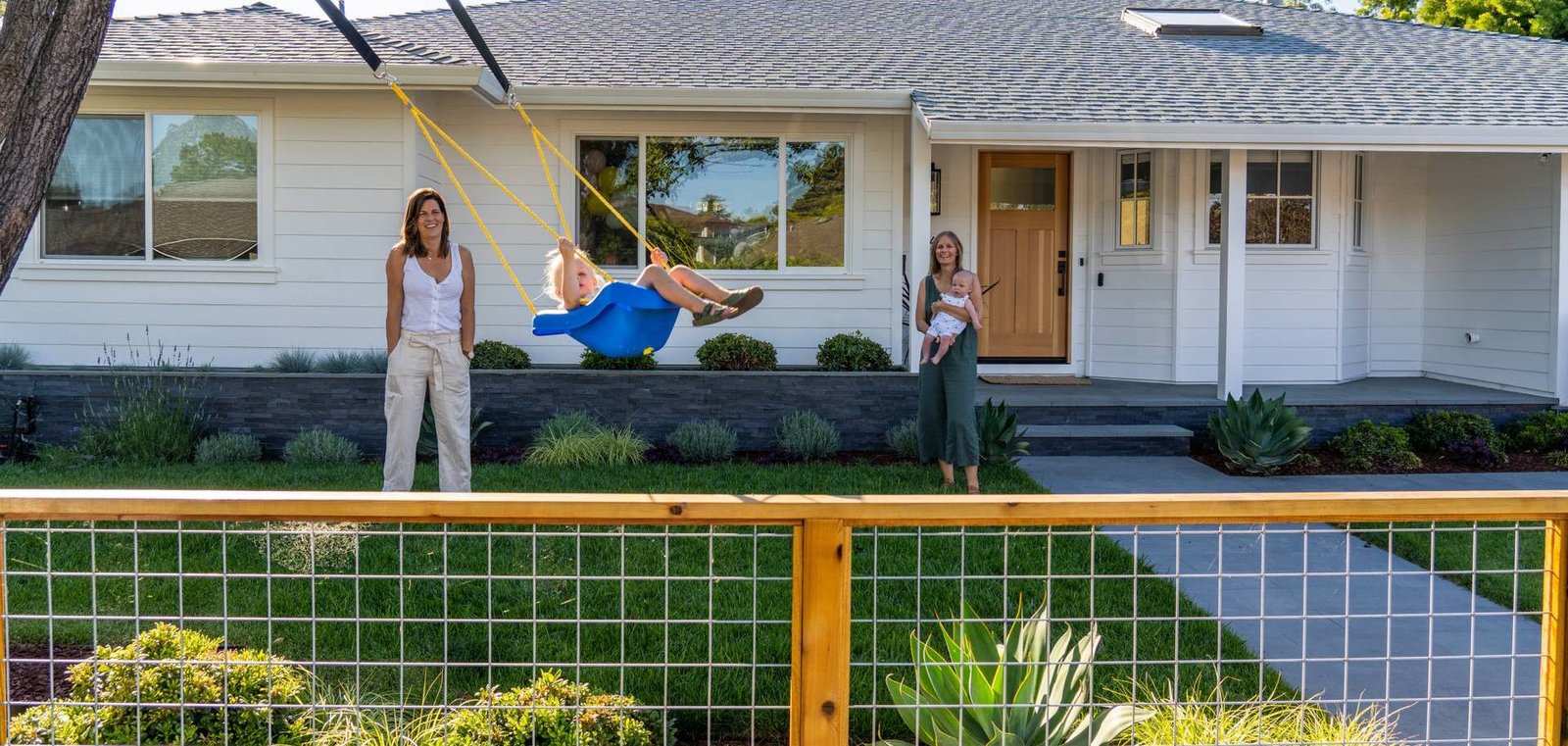
11 Smart Home Devices to Improve Home Safety
The advancements in smart home technology are engineered to shield your home from hazards like fires, water leakage, and electrical issues. Our Smart Home Safety Guide offers detailed information about eleven top-tier smart devices intended to boost your home’s safety.
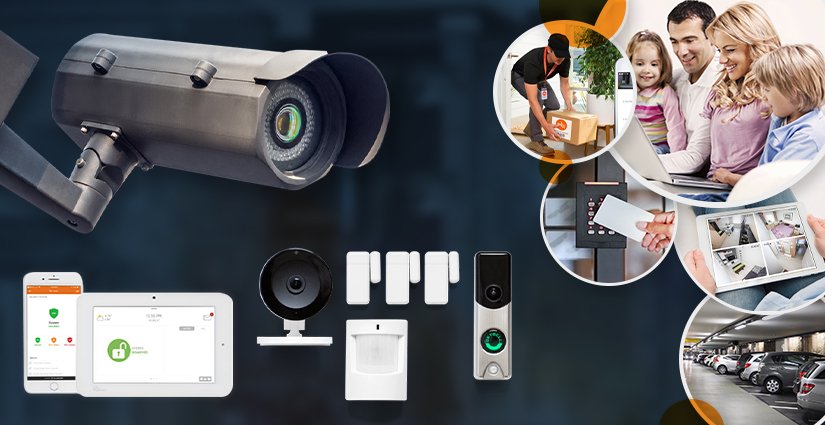
1. Smart Smoke Alarms
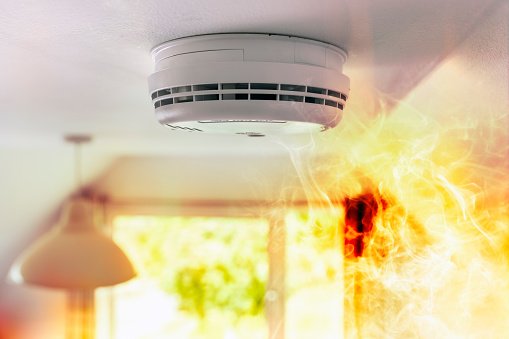
Regular smoke alarms work just fine to ward off disaster – as long as someone is in earshot. For larger homes or buildings, smart and interconnected smoke alarms can be a lifesaver.
Most smart smoke detectors on the market nowadays perform a two-fold function. They’re designed to not only detect smoke but also discover carbon monoxide (a toxic and scentless gas) leaks. Aside from that, their internet connectivity enables these devices to send real-time notifications of such detections via smartphone apps.
Smart smoke alarms also offer benefits such as extended run times (thanks to lithium batteries), low battery and other error notifications, and of course, remote control of the alarm.
2. Smart CO Alarms
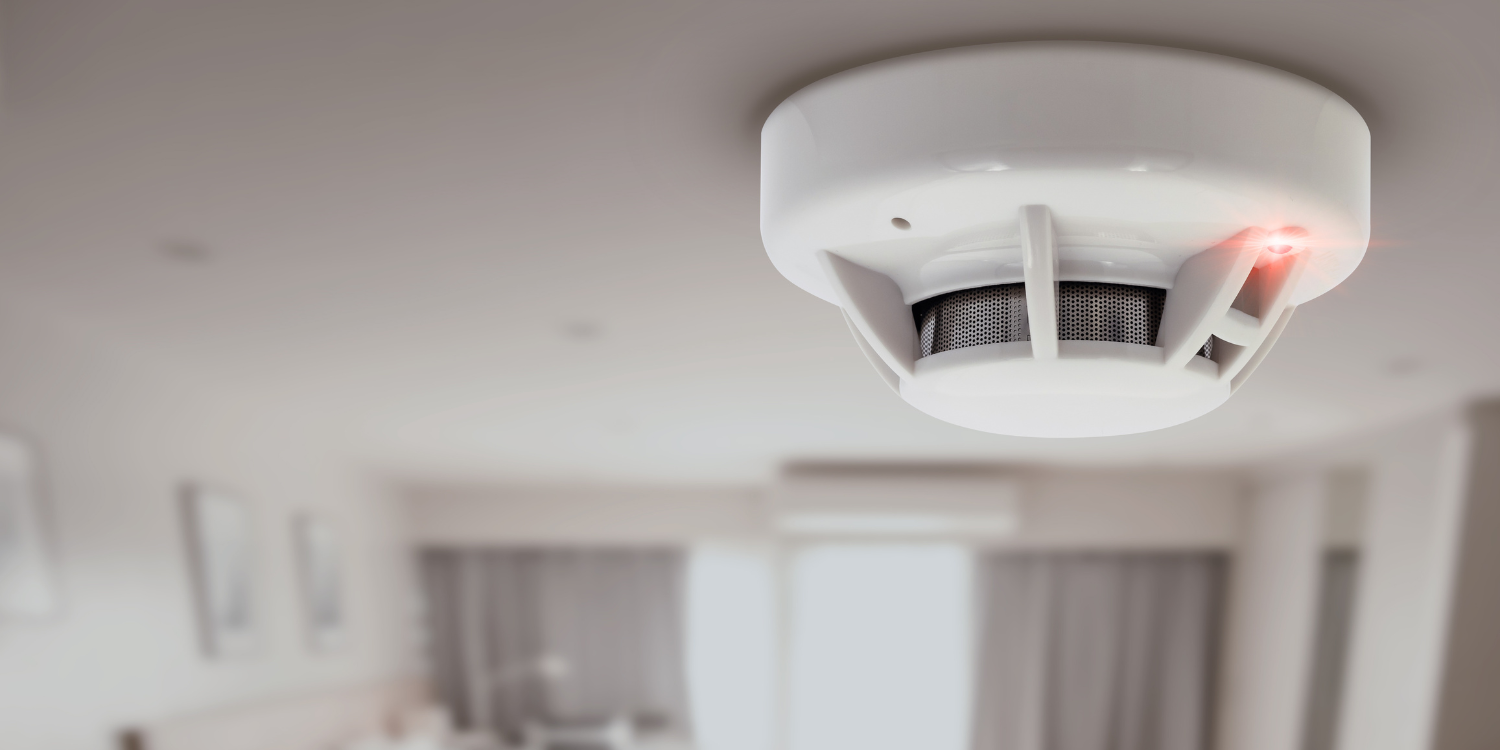
Like smart smoke alarms, smart CO detectors offer more protection than traditional devices because they send detection alerts straight to your smartphones.
Most of the time, buyers will prefer to purchase a device that offers smoke and gas detection. However, if you’re all set with a smoke detector, there are plenty of options for smart CO alarms. They’re available in plugged-in and battery-power formats. However, even the plugged-in versions offer the convenience of a backup battery for power outages.
The majority of these products come equipped with electrochemical sensors for enhanced sensitivity, accurate measurements, and faster response times. They also offer extended benefits such as remote control, connectivity to voice assistants like Alexa, and battery warranties
3. Smart Water Leak Sensors
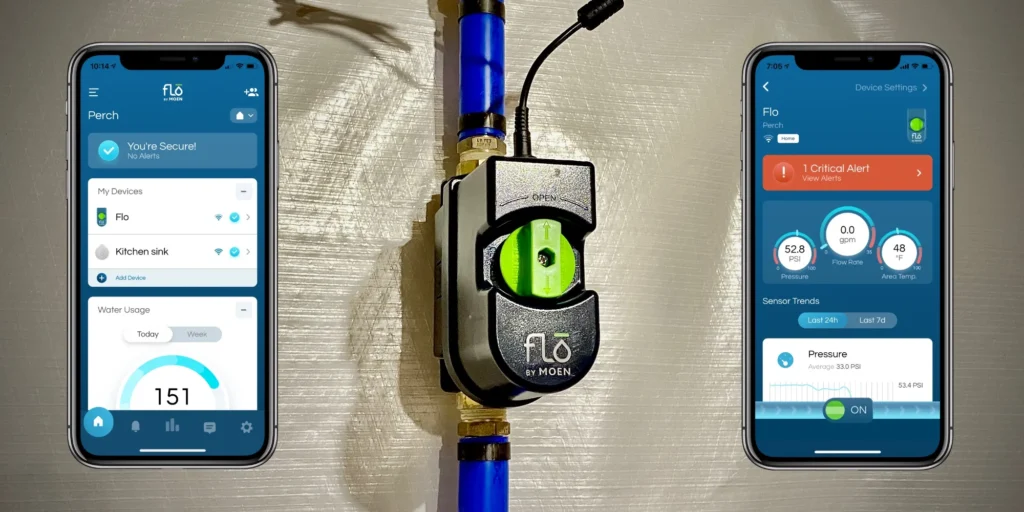
Having the ability to fix a water leak before it can cause significant damage is likely of interest to all homeowners. That’s primarily why smart water leak sensors are becoming so popular.
These devices are created to detect water and prevent excess moisture development resulting from defective appliances, faulty pipelines, or surfeit water pressure. Some water sensors are even designed to go off when there’s high humidity or danger of pipes freezing over.
The one thing all smart water sensors have in common is sending notifications via mobile phones, apart from sounding an alarm at home. If the area you intend to cover is extensive, you’re better off looking for a smart water detector that comes along with multiple sensors.
4. Smart Water Shut Off Valves
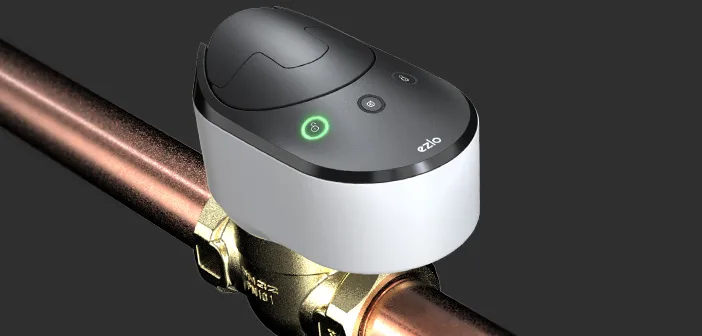
Smart water shut-off valves are often utilized with water leak detectors to discover sources of potential water damage (like leaking or burst pipes) and control the extent of harm by shutting off the related water supply valve. Some of these devices are so advanced; that they can detect a leak as small as one drop per minute.
Generally, buyers have the option of choosing from one of two types of water shut-off valves: integrated valves or motorizing bulldog valves. The former is installed along with the main supply valve, while the latter is placed over an existing bulldog valve. If you’re looking for smart shut-off valves that you can install yourself, it’s best to stick to the motorizing existing bulldog valve.
5. Smart Humidity Sensors

Humidity sensors can assess and report the air temperature and moisture of a space they monitor. Humidity sensors are particularly useful in areas that see high moisture levels during summer and help minimize moisture-related concerns, like mold.
These devices function by measuring the water vapor concentration in the air and calculating relative humidity (the existing moisture ratio compared to maximum humidity development at any given temperature).
Investing in a humidity sensor means you’ll be able to monitor the temperature of different areas of your house and acquire instant notifications about changes according to your personalized settings.
6. Smart Thermostats
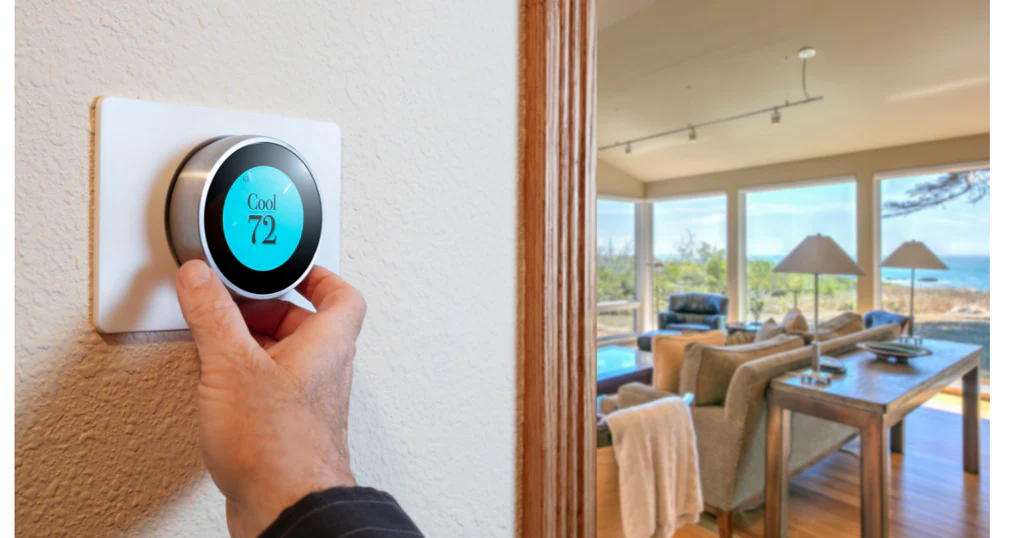
As the name suggests, a smart thermostat is a Wi-Fi enabled device – which means you can adjust and control your home temperature based on weather changes and for energy-saving purposes. In fact, ENERGY STAR certified smart thermostats offer a guaranteed method of cutting down power costs.
While there are various types of smart thermostats on the market, standard features include personalized settings and schedules (for when you’re asleep or away from home), smart alerts, geofencing to adjust the temperature to your liking when you’re near home, etc.
Smart thermostats not only offer remote control of your heating and cooling systems, but they can also help you track and improve your equipment use based on usage data. Some thermostats are also enabled to receive over-the-air updates to ensure all features work at optimal levels.
7. Smart Air Quality Sensor
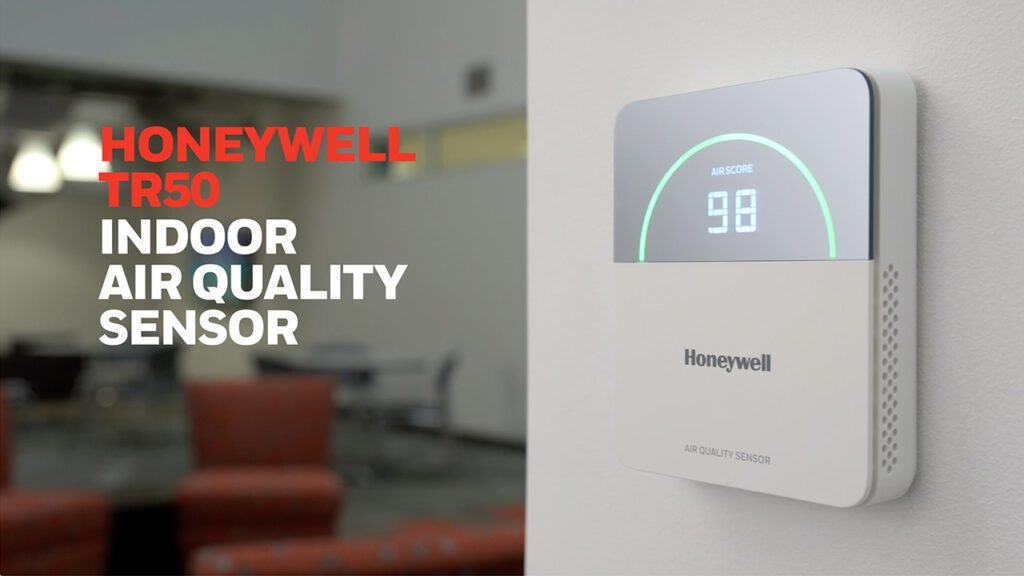
Did you know indoor air quality (IAQ) can contain more pollutants than the outside atmosphere?
Smart air quality sensors can detect and measure factors that can affect your home’s indoor atmosphere. For instance, air quality sensors can pick up changes in humidity, pollen concentration, carbon dioxide & monoxide levels, particulate matter, and volatile organic compounds emitted from paint strippers, cleaning supplies, etc.
Some of the best IAQ sensors offer Bluetooth connectivity to the product’s app on your smartphone for round-the-clock monitoring, notifications, and reports. Smart home integration can also be enhanced via connectivity to voice assistants.
9. Smart Stove Controls
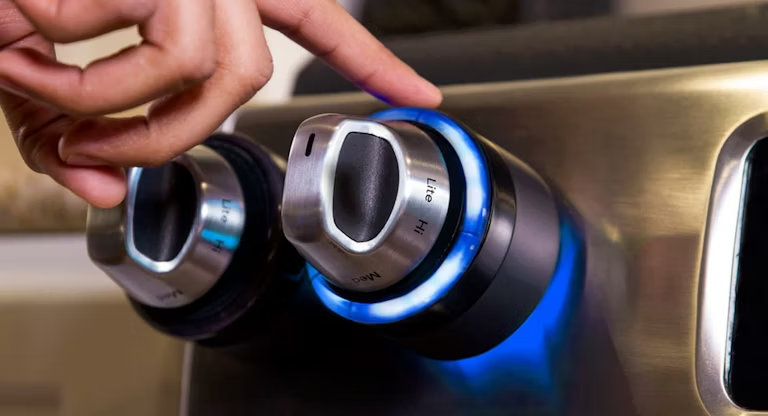
One of the most common fire hazards for households is leaving something burning on the gas. However, imagine how much safer cooking could be if you had remote control over your cooking range or oven?
Smart stove controls offer users enhanced protection against mistakes or mishaps by offering control via Bluetooth and correlating smartphone apps. In short, smart stove controls provide you the comfort of carrying out cooking – in safety – even when you’re not at home.
Added benefits include remote and automatic on/off features, energy-saving settings, personalized temperature features, and even control via voice commands.
This is especially important for the elderly who may be getting a little forgetful.
10. Smart Energy Monitor

Folks looking to understand and reduce their energy usage can rely on smart energy monitors to help figure out their power consumption. These devices connect to your meter and break down all important aspects of your home’s energy consumption – including the use of individual appliances, unnecessary energy use, and personalized suggestions to improve power efficiency.
Additionally, you also have the option of choosing between household energy monitors and monitors for individual appliances. Of course, there’s also the benefit of mobile apps and notifications.
But, some of the best energy monitors combine the advantages of real-time power consumption tracking with observing devices like sump pumps, well pumps, etc., for any untoward signs.
11. Smart Emergency Lighting
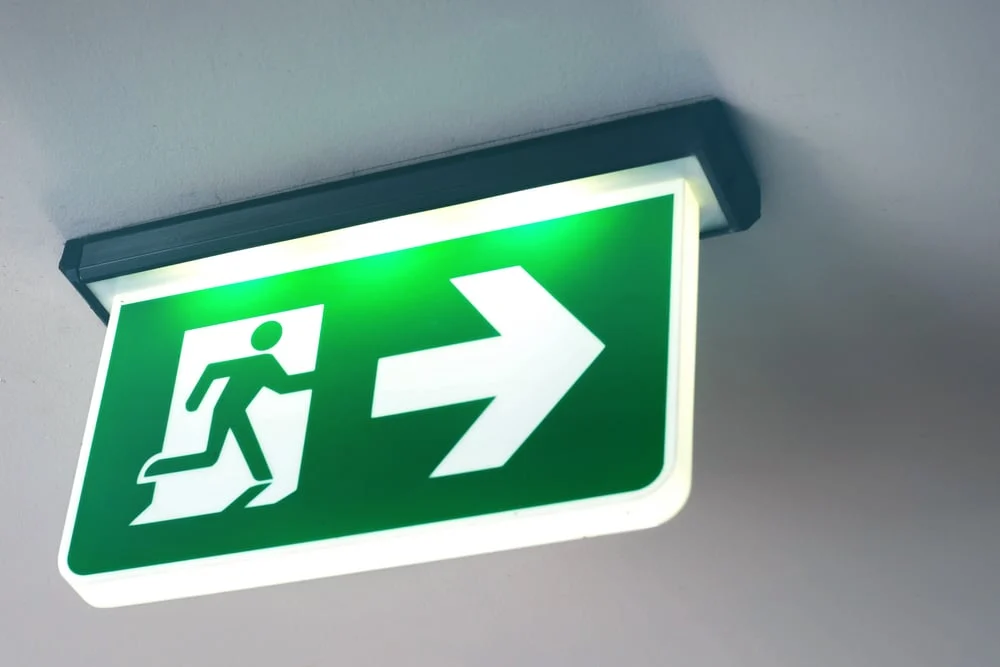
With the incidents of power outages on the increase, having a backup when it comes to lighting is a must. However, smart emergency lighting takes the convenience of standard emergency lights one step further by offering smart home connectivity and all the related benefits.
For instance, some emergency lights offer three-way connectivity: with the product pairing with your phone’s Bluetooth, an individual access bridge for Wi-Fi connectivity, and integration with voice assistants for voice command control.
Besides all that, smart emergency lighting also offers the convenience of personalized lighting schemes, complete remote control for dimming lights or turning them on/off, and color adjustment functions.
